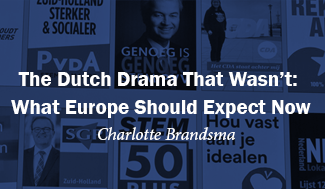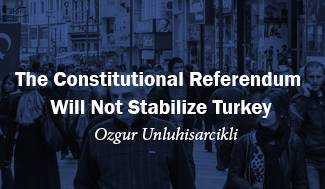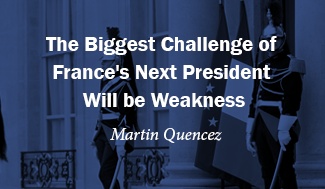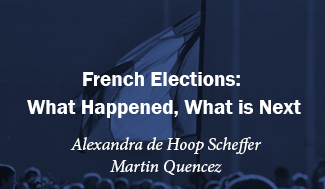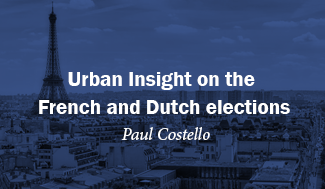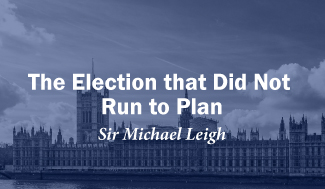Europe at 60 and at a Crossroads
Photo credit: Viacheslav Lopatin / Shutterstock.com
To say that countries or institutions stand at a crossroads is often to use an overwrought cliché. In 2017, however, it is no exaggeration that Europeans face choices and challenges that are momentous, and could be existential. The 60th anniversary later this month of the Treaty of Rome, which established the European Economic Community, will be followed closely by elections in France in which the anti-EU National Front looks certain to perform unprecedentedly well. At the same time, the United Kingdom will trigger the process for it to leave the union following last year’s Brexit referendum. Later this year, Germany will elect its next government at a time when it faces both demands for and questions about its role as Europe’s political and economic engine room. The coming months could also see Greece’s debt crisis flare up again, putting new pressures on the eurozone. Meanwhile the political outlook in countries from Italy to Poland to the Balkans may be getting less attention from the international media but could take turns that will have serious consequences for the direction Europe takes.
Major non-EU countries will also impact Europe’s immediate future. Turkey’s controversial constitutional referendum has inflamed relations with some member states and risks putting the country’s relations with the EU on a problematic new level. Russian influence and interference in the politics of countries within the EU or in its waiting room is becoming a more salient – and sometimes divisive – issue with every election and referendum. A new U.S. administration that seems, at best, ambivalent about its support for European unity is an unwelcome addition to the list of challenges the EU and European governments face.
In this context, The German Marshall Fund of the United States will run over the coming months regular blog posts to provide a wide-ranging commentary on how this pivotal year plays out across Europe and what it all means for the future of the European project. The goal is to add to these debates the variety of voices and viewpoints that our experts and associates bring as result of their different engagements across Europe, whether at the level of their dealings with senior policymakers or through their involvement with civil society.

